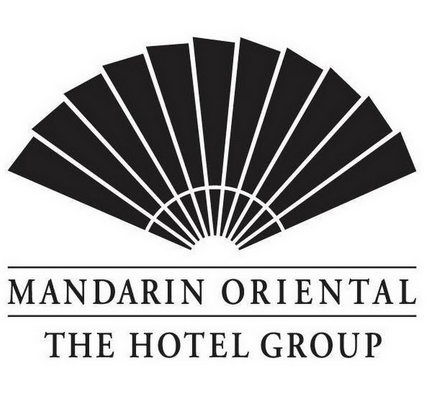Know more about NCCO Technology
Why was NCCO technology invented?
Nano-Confined Catalytic Oxidation (NCCO) is a new patented air treatment system produced to solve the issues in air purification technologies commonly used in the market. These other technologies include the use of activated carbon, photocatalyst and negative ions.
For instance, activated carbon filters have an average service life from 2 to 3 months. Once saturated, pollutants will be released back into the air causing secondary pollution. The higher frequency of filter replacements increases both the cost of use and production levels from manufacturers, causing a negative impact on the environment.
NCCO technology does not have such drawbacks, its benefits are realised in length of filter life, sustainability and low running costs to the consumer.
Who invented this 'State of the Art' Technology?
Introducing RHT Industries Limited
RHT INDUSTRIES LIMITED is a technology company that focuses on the development of SUSTAINABLE and INNOVATIVE technologies in material sciences.
In cooperation with a member of Hong Kong University of Science and Technology Entrepreneurship Program, RHT successfully developed and patented the Nano-Confined Catalytic Oxidation (NCCO) technology. Today, NCCO technology is utilized by many companies and industries worldwide, including over 200 medical institutions in Europe and Asia. Large corporations and organizations now see the benefits of this innovative air treatment technology and include Mandarin Oriental Hotel Group, Singapore Zoo, Hong Kong International Airport just to name a few.
RHT has recently successfully launched its household air purification products under the “b-MOLA” brand.
RHT’s professional research team consists of world-class scientists and researchers from leading universities and research institutions from around the world, including the University of British Columbia, and the University of Vienna. Our team has achieved impressive results in the application of material sciences, and will continue to create innovative materials that will improve our quality of life.
Its Global Headquarter’s is situated at the prestigious world-renowned Hong Kong Science and Technology Park (HKSTP).
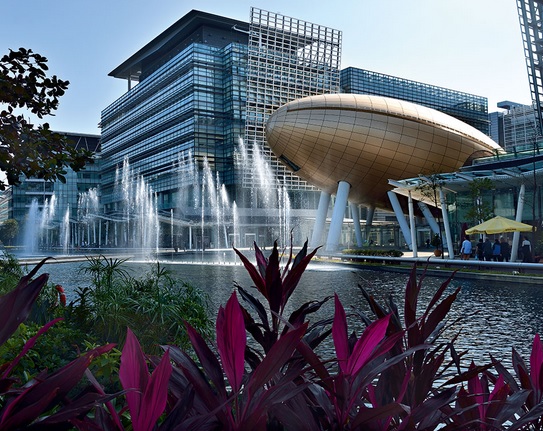

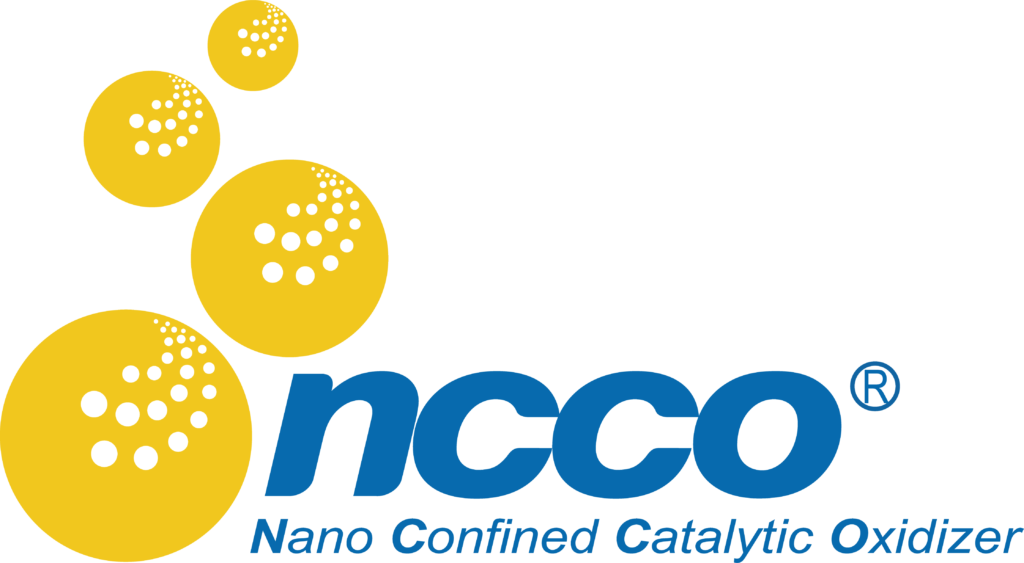
RHT Industries Ltd’s Global Headquarters at Hong Kong Science & Technology Park
RHT and b-MOLA brand logos used in Industry and the Home respectively
NCCO logo identifier
NCCO – Nano Confined Catalytic Oxidation is able to convert VOCs (Volatile Organic Compounds) and Formaldehyde to harmless CO2 and H20 molecules. In addition, the system is self-generating and so sustainable, so great for our environment.
What industries does NCCO reach?
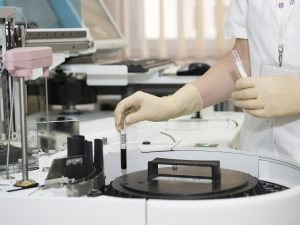
Hospitals
Pathology Departments are for example affected by dangerous pollutants such as Formaldehyde and Volatile Organic Compounds (VOCs).
Hospitals across the world now use NCCO technology
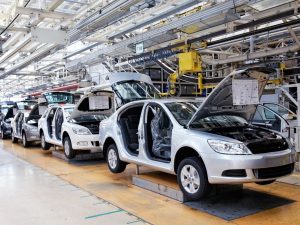
Motor Industry
Interiors of new and older cars are affected by various types of gaseous pollutants such as Benzene and Formaldehyde. Also commonly found are Mould and Bacteria which grow within the A/C systems.
Toyota Motors is a customer of NCCO technology

International Airports
With air traffic increasing, terminal sizes grow due to passenger demand, and where you can find pollution generated by Cigarette Smoke and also bad odours (e.g. Ammonia generated for instance in smoking areas and rest rooms.
Chep Lap Kok International Airport uses NCCO technology
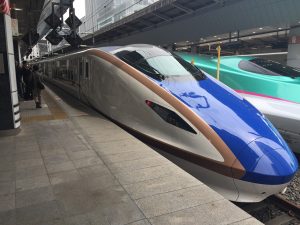
Train Stations
With increasing passenger numbers using trains as a means of transport, such usage brings further increases in pollution levels within terminal buildings such as Cigarette Smoke and also bad odours (e.g. Ammonia generated for instance in rest rooms.
Hong Kong MTR (Mass Transit Railway) uses NCCO technology in their busy stations.

Perfume Industry
The perfume industry suffers from the presence of VOCs and so their manufactring facilities are aware of the effects of these gaseous pollutants on employees.
NCCO technology is used to help remove such pollution and CPL Aromas and Decleor Paris which are world famous fragrance houses uses such technology for the removal of such VOCs

Household
Air quality is increasingly becoming more of an issue inside and outside the household. Inside there will be a mix of particulate (PM10, PM2.5 and Allergens) and gaseous pollutants (VOCs, Formaldehyde and Ammonia).
NCCO technology is ideally suited for the home, being sustainable, kind to the environment and has very low running costs.
Commercial partners include those below






